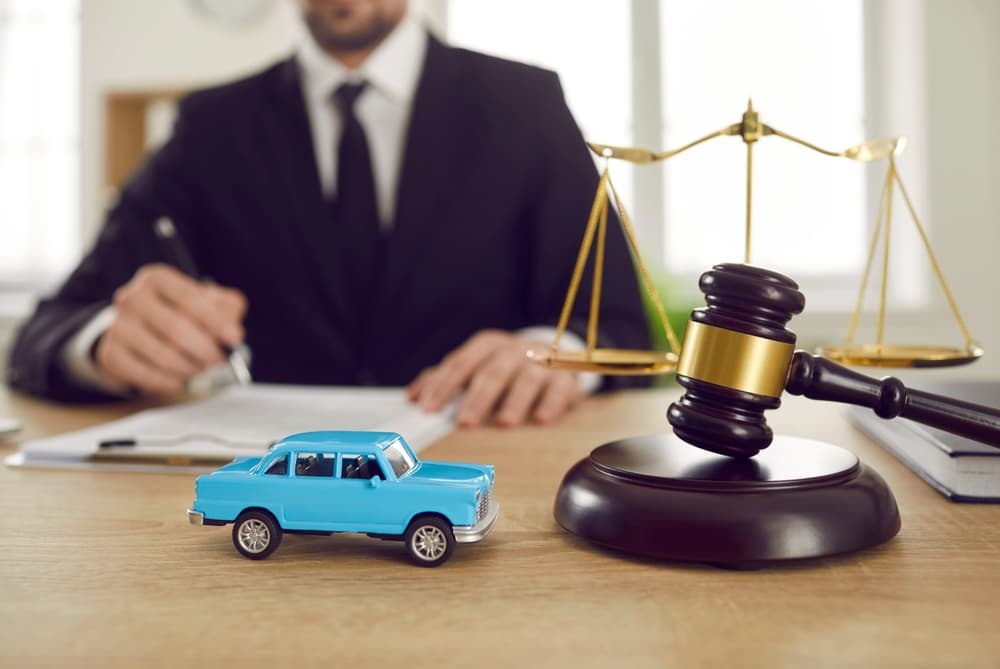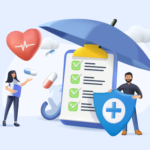Accidents can happen at any time, leaving victims with injuries, financial burdens, and emotional distress. If you’ve been involved in an accident due to someone else’s negligence, hiring an accident lawyer can help you secure fair compensation. This comprehensive guide covers everything you need to know about accident lawyers, including their roles, types of cases they handle, how to choose the right one, and what to expect during the legal process.
1. What Is an Accident Lawyer?
An accident lawyer (also known as a personal injury lawyer) specializes in representing individuals who have been injured due to the negligence or wrongdoing of another party. Their primary goal is to help victims recover financial compensation for medical bills, lost wages, pain and suffering, and other damages.
Key Responsibilities of an Accident Lawyer:
- Investigating the accident and gathering evidence
- Negotiating with insurance companies
- Filing lawsuits if a settlement isn’t reached
- Representing clients in court
- Advising clients on legal rights and options
2. Types of Accidents an Accident Lawyer Can Handle
Accident lawyers handle a wide range of cases, including:
A. Car Accidents
- Caused by reckless driving, speeding, DUI, or distracted driving.
- Lawyers help victims claim compensation from at-fault drivers.
B. Truck Accidents
- Involve commercial trucks, often leading to severe injuries due to their size.
- Lawyers investigate trucking company negligence, driver fatigue, or faulty equipment.
C. Motorcycle Accidents
- Motorcyclists are at higher risk of severe injuries.
- Lawyers fight for fair compensation, especially when drivers fail to see motorcycles.
D. Slip and Fall Accidents
- Occur due to unsafe premises (wet floors, poor lighting, uneven surfaces).
- Lawyers prove property owner negligence.
E. Workplace Accidents
- Construction accidents, factory injuries, or exposure to hazardous materials.
- Lawyers help file workers’ compensation or third-party liability claims.
F. Medical Malpractice
- Caused by doctor errors, misdiagnosis, or surgical mistakes.
- Lawyers work with medical experts to prove negligence.
G. Wrongful Death
- When an accident results in a fatality, families can file a wrongful death claim.
- Lawyers help recover funeral costs, lost income, and emotional damages.
3. Why You Need an Accident Lawyer
Insurance companies often try to minimize payouts. An accident lawyer ensures you get the compensation you deserve by:
- Proving Liability: Establishing who was at fault.
- Maximizing Compensation: Calculating all damages (medical bills, lost wages, pain and suffering).
- Handling Legal Procedures: Filing paperwork correctly and meeting deadlines.
- Negotiating Fair Settlements: Preventing lowball offers from insurers.
- Going to Trial if Necessary: Fighting for your rights in court.
4. How to Choose the Right Accident Lawyer
Not all lawyers are the same. Consider these factors when hiring one:
A. Experience & Specialization
- Look for a lawyer with experience in your specific type of accident.
- Check their track record of successful settlements and verdicts.
B. Reputation & Reviews
- Read Google reviews, Avvo, or Martindale-Hubbell ratings.
- Ask for referrals from friends or family.
C. Communication & Availability
- Choose a lawyer who responds promptly and keeps you informed.
- Avoid firms that hand off cases to junior associates without supervision.
D. Fee Structure
- Most accident lawyers work on a contingency fee basis (you pay only if they win).
- Typical fees range from 25% to 40% of the settlement.
E. Trial Experience
- Some lawyers prefer quick settlements; others are ready for trial if needed.
- A lawyer with trial experience can negotiate better settlements.
5. The Legal Process: What to Expect
Step 1: Free Consultation
- The lawyer reviews your case and advises if you have a valid claim.
Step 2: Investigation & Evidence Gathering
- Police reports, medical records, witness statements, and accident reconstruction.
Step 3: Demand Letter & Negotiation
- The lawyer sends a demand letter to the insurance company.
- Negotiations begin; most cases settle here.
Step 4: Filing a Lawsuit (If Necessary)
- If negotiations fail, the lawyer files a lawsuit.
Step 5: Discovery & Depositions
- Both sides exchange evidence and take sworn statements.
Step 6: Mediation or Trial
- Mediation attempts a settlement before trial.
- If unresolved, the case goes to court.
6. How Much Compensation Can You Get?
Compensation depends on:
- Medical expenses (past and future)
- Lost wages & reduced earning capacity
- Pain and suffering
- Property damage
- Punitive damages (in extreme negligence cases)
Average Settlements:
- Minor injuries: 3,000–3,000–25,000
- Moderate injuries: 25,000–25,000–100,000
- Severe injuries (permanent disability): 100,000–100,000–1M+
7. Common Mistakes to Avoid After an Accident
- Delaying Medical Treatment – Weakens your claim.
- Giving Recorded Statements to Insurers – They may use it against you.
- Accepting a Quick Settlement – Often much lower than deserved.
- Not Hiring a Lawyer – Insurance adjusters take advantage of unrepresented victims.
8. Conclusion: Protect Your Rights with an Accident Lawyer
If you’ve been injured in an accident, time is critical. Evidence disappears, witnesses forget details, and statutes of limitations apply. Hiring an experienced accident lawyer ensures you get maximum compensation while focusing on recovery.
Need Help? If you’re searching for a reliable accident lawyer, start with a free consultation to discuss your case and legal options.
Disclaimer: This article is for informational purposes only and does not constitute legal advice. Consult a licensed attorney for case-specific guidance.


